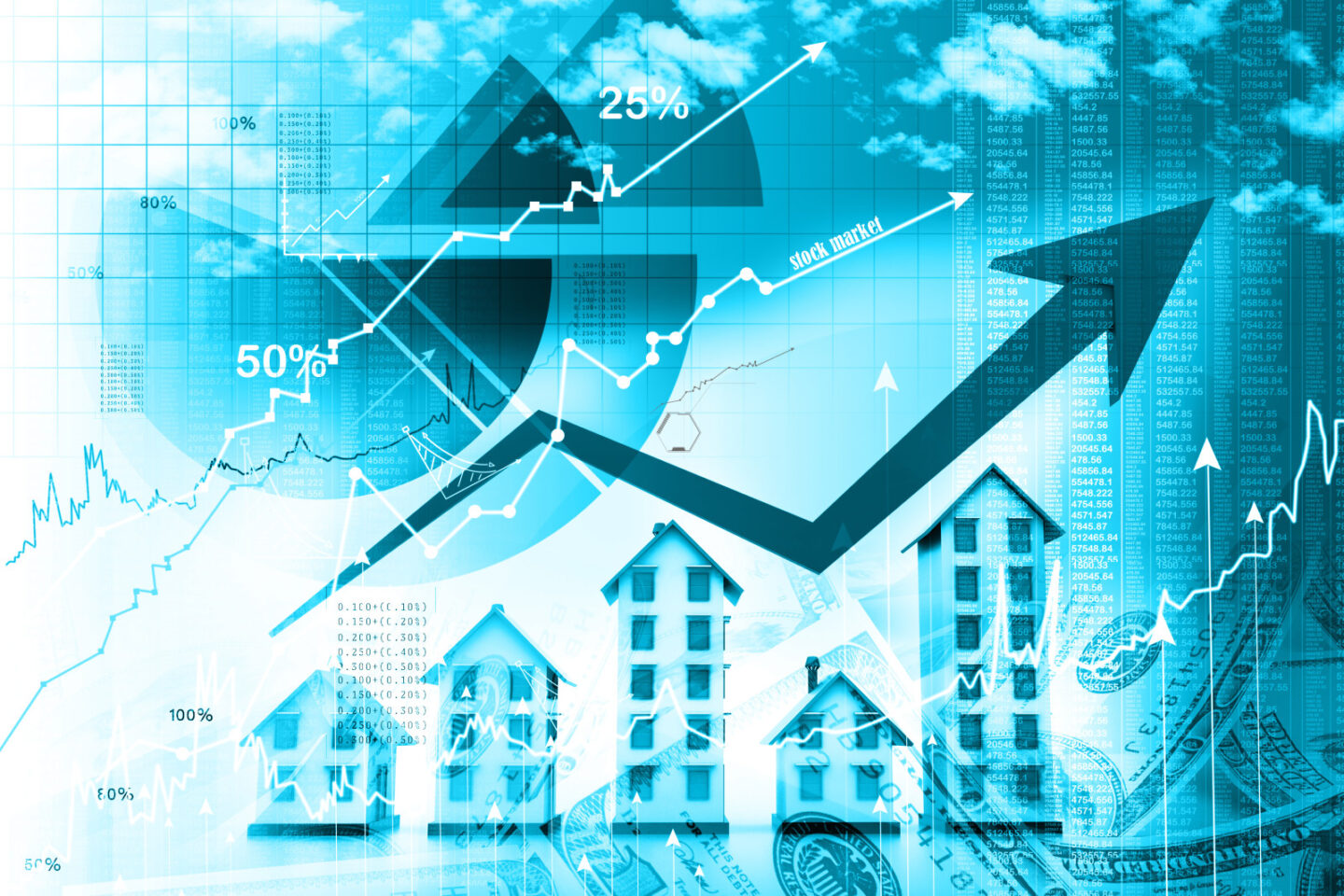What Rising Federal Interest Rates Mean for Homeowners

Written by Chris Sessions on July 6, 2018
You’ve likely heard many times over the past decade that the Federal Reserve has increased the fed funds rate. While this news may give you the urge to yawn, it’s important to take note because a rise in the fed funds rate could mean serious changes in how much you pay for your mortgage every month.
Before we get into what rising federal interest rates mean for homeowners, let’s talk about what the fed funds rate is.
What is the fed funds rate?
The fed funds rate is the interest rate set by the Federal Reserve Board (aka the Fed), which determines the rate at which banks borrow money from one another. This rate directly affects the prime rate, treasury bonds and the Wall Street Journal Index, which are the three main indexes that lenders use for loans, such as credit cards and mortgages.
Mortgage lenders determine the rate they offer to customers like you by using one of these indexes as a base rate and adding a margin, which is based primarily on the amount of risk associated with a loan. So, if the base index rate goes up, so do the interest rates that lenders will offer you.
The Fed raises and lowers the fed funds rate in response to how healthy our economy is. Lowering the rate can lessen the severity of a recession and raising it can help slow inflation.
Impact on a fixed-rate mortgage
If you have a fixed-rate mortgage, you may be thinking you don’t have anything to worry about if the Fed raises their rate. And you are absolutely correct. If you have a fixed-rate loan, you paid a slightly higher interest rate than an adjustable-rate mortgage (ARM) because fixed-rate loans come with the security of an interest rate that will never change, no matter how many times the fed funds rate increases.
However, if you are interested in refinancing to a new fixed-rate mortgage, buying a second home with a new fixed-rate mortgage or taking out a fixed-rate home equity loan, a rise in the fed funds rate will increase the interest rate — and the cost — of any of those loan types.
Impact on an adjustable-rate loans: ARMs and HELOCs
Adjustable rates are indirectly tied to the fed funds rate, so if you have an adjustable-rate mortgage or a home equity line of credit (HELOC) with an adjustable rate, you will most likely feel it when the Fed increases the rate. Let's talk about both of these loan types.
First, let’s talk about adjustable-rate mortgages, or ARMs. As you probably remember when you researched your loan options, ARM loans have an initial fixed-rate period, and then the interest rate can adjust every year thereafter based on how the index changes. That’s what the numbers indicate in ARMs: A 5/1 ARM has a fixed-rate period of five years and can adjust every year thereafter. And a 7/1 ARM has a fixed-rate period of seven years and can adjust every year thereafter.
If the Fed raises its rates while you’re in your fixed period, your rate won’t change. But once you hit your adjustable period, you can expect your rate to go up within the next year. Conversely, if the Fed lowers their rate, you can expect your rate to go down. Depending on when your mortgage readjusts, it could be weeks or months before you see the change reflected in your mortgage payments.
With HELOCs, the change is a little more immediate. Unless you’ve done a fixed-rate advance, HELOCs typically have adjustable rates, which means they too will rise and fall with the Fed’s decisions. You will likely see the change much faster with HELOCs compared to ARMs since they readjust quicker.
Bottom line
If you’ve locked in a fixed-rate mortgage, the Fed’s decision won’t impact your current loan. But if you have an ARM, your rate will rise along with a Fed increase and fall along with a Fed decrease. It can take a little while for rates to move, so if a Fed increase is imminent, or if it has just happened, you might want to move fast if you are looking to change to a fixed-rate loan.
Tags
How much home can you afford?
At Zillow Home Loans, we can pre-qualify you in as little as 5 minutes, with no impact to your credit score.
Zillow Home Loans, NMLS # 10287. Equal Housing Lender
Get pre-qualifiedHow much home can you afford?
See what's in reach with low down payment options, no hidden fees and step-by-step guidance from us at
Zillow Home Loans.
Zillow Home Loans, NMLS # 10287. Equal Housing Lender
Calculate your BuyAbility℠



